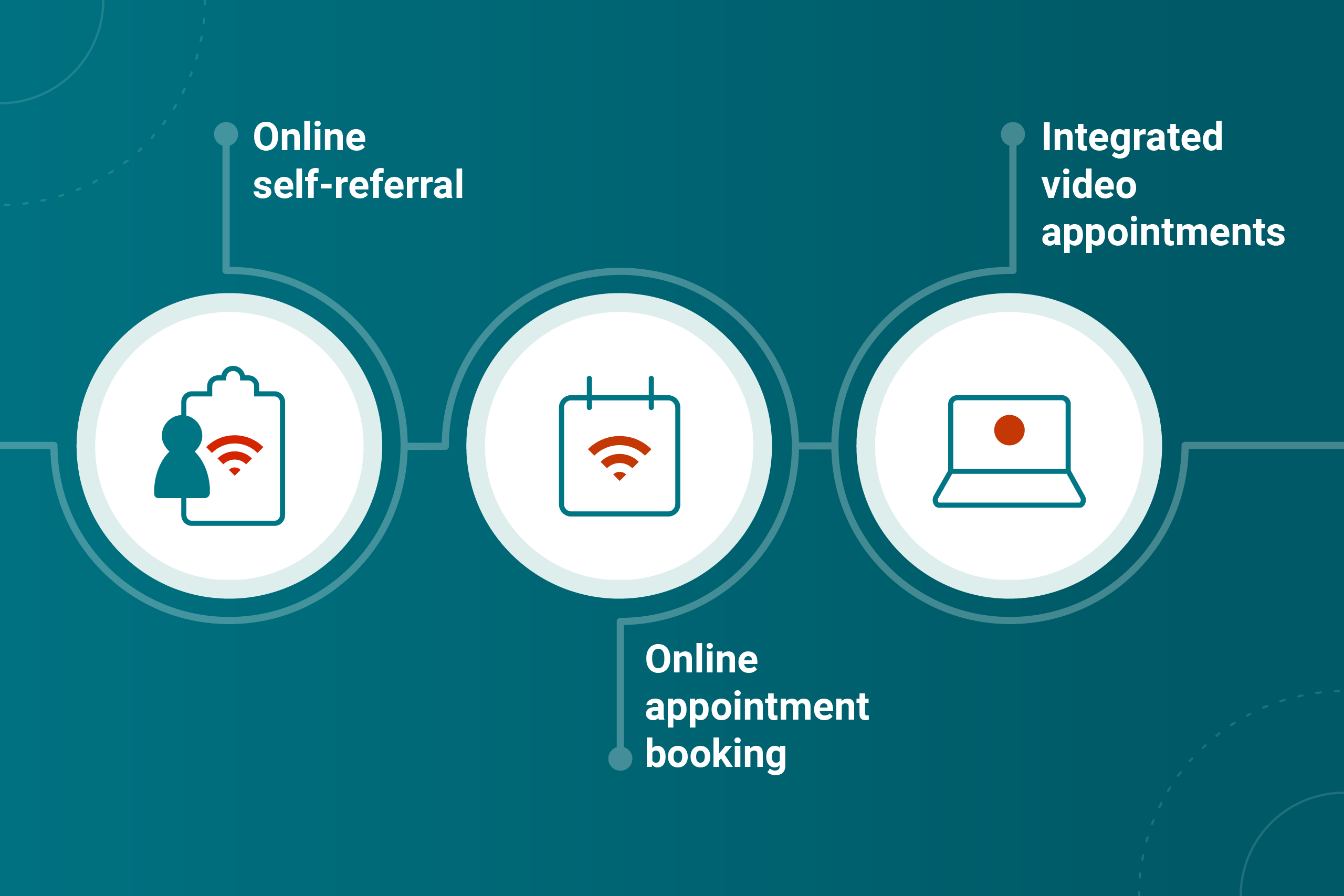We are on a mission to transform health and care, together. Our flagship product – iaptus – is the EPR for community and mental health. We develop tools for gambling harms support that help services run with efficiency and improve the client experience. We currently work with over two thirds of adult talking therapies services, over 70 children and young people’s (CYP) mental health services, university counselling services, neurodiversity services, and gambling harms clinics.
Reducing barriers to access for gambling harms support
Features of iaptus such as self-referral, online appointment booking and integrated video appointments have been shown to increase client engagement and reduce missed appointments.
We believe that the use of these digital tools will reduce barriers to access for gambling harms clients, resulting in more people referring themselves and accessing support online. These tools can have a big impact on engagement with therapy in gambling harms clinics, measured by the number of attended sessions and treatment completion.
Enhance service efficiency, communication and patient engagement
iaptus is used to streamline day to day administrative tasks across organisations to enhance service efficiency, freeing up time to focus on what matters. iaptus includes a range of features to support patient engagement and efficient communication for services.
Online self-referral

iaptus enables patients to refer themselves quickly and easily online.
Prospective new patients can refer themselves for treatment at any time via a short, secure online form, without the need to speak with a referring health professional.
Online appointment booking
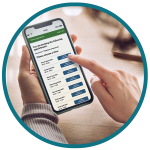
Patients are empowered to book appointments online, at their convenience, at a time that suits their schedule.
Patients are able to choose and book their appointment, thereby dramatically reducing admin for services. The feature has also been proven to reduce missed appointments.
Integrated video appointments

This feature allows users to generate a unique link from within a patient’s digital care record in iaptus, which can then be shared with the patient. Both parties can enter the video call when they are ready, using the links provided.
Clinical notes can be typed up in iaptus whilst the video session is taking place. Screen-sharing and typed chat functionality are also available.
iaptus insights
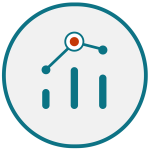
Our data team delivers world class research to enhance the healthcare experience through insights embedded within our products.
Our aim is to leverage anonymised historical patient record data at key decision points in the pathway to generate insights about how individual patients will best engage with and respond to treatment.
Engagement insights
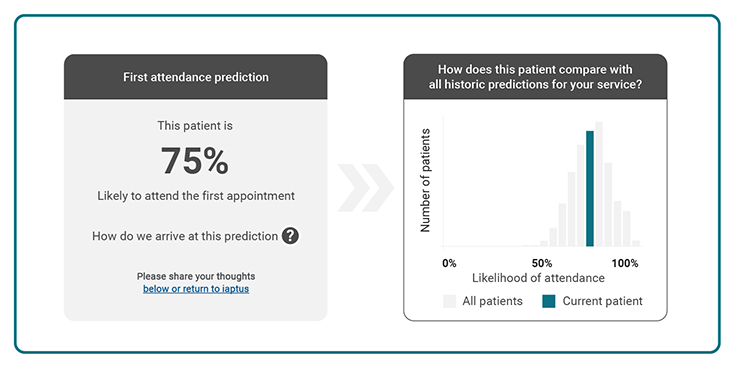
Through an Innovate UK funded Knowledge Transfer Partnership (KTP) with the University of Bath, Mayden has developed, validated and implemented statistical models that predict patient engagement with psychological talking therapies for each patient, enabling services to deliver more effective and efficient care and identify when a patient is not responding as expected.
We developed a predictive dashboard and published our research in the BMJ Mental Health journal.
Care pathway insights
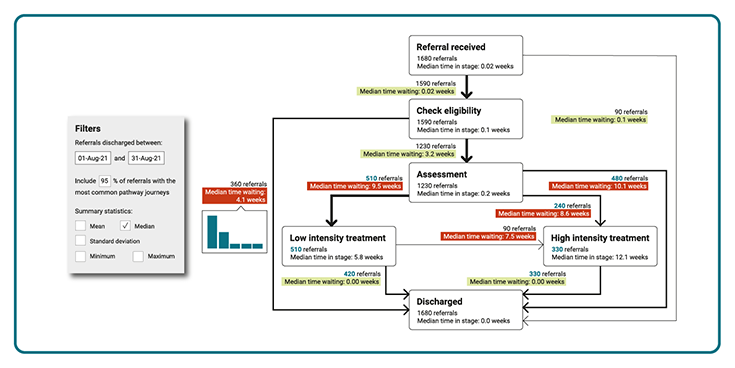
Mayden and the University of Bath completed a project funded by Innovate UK to help improve understanding and management of demand and capacity within NHS Talking Therapies services.
The project analysed care pathways, and investigated how different pathways affect dropout and recovery. It also looked at digital pathway models of demand and capacity that use historical service performance to predict future capacity and support decision-making.
If you’d like to hear more or get involved in any research projects, please email data.science@mayden.co.uk
